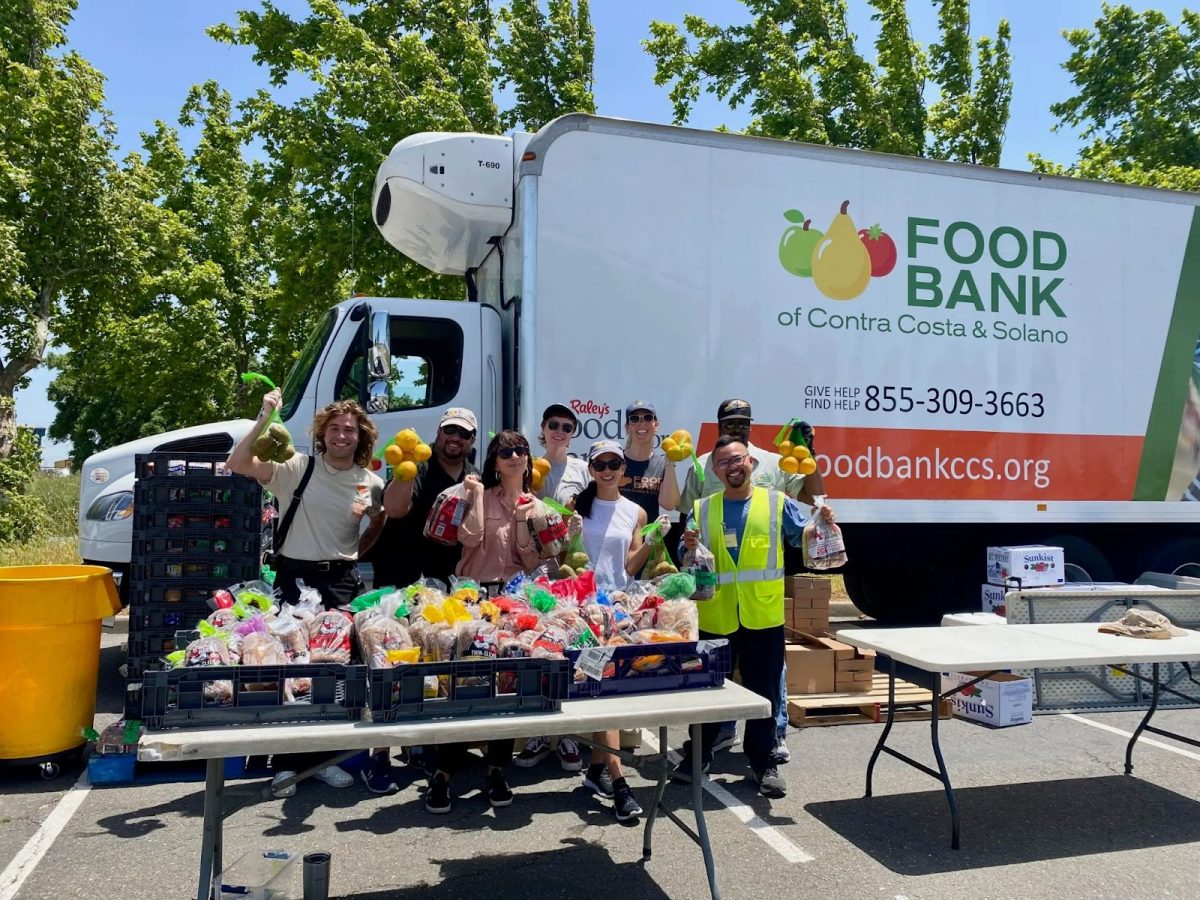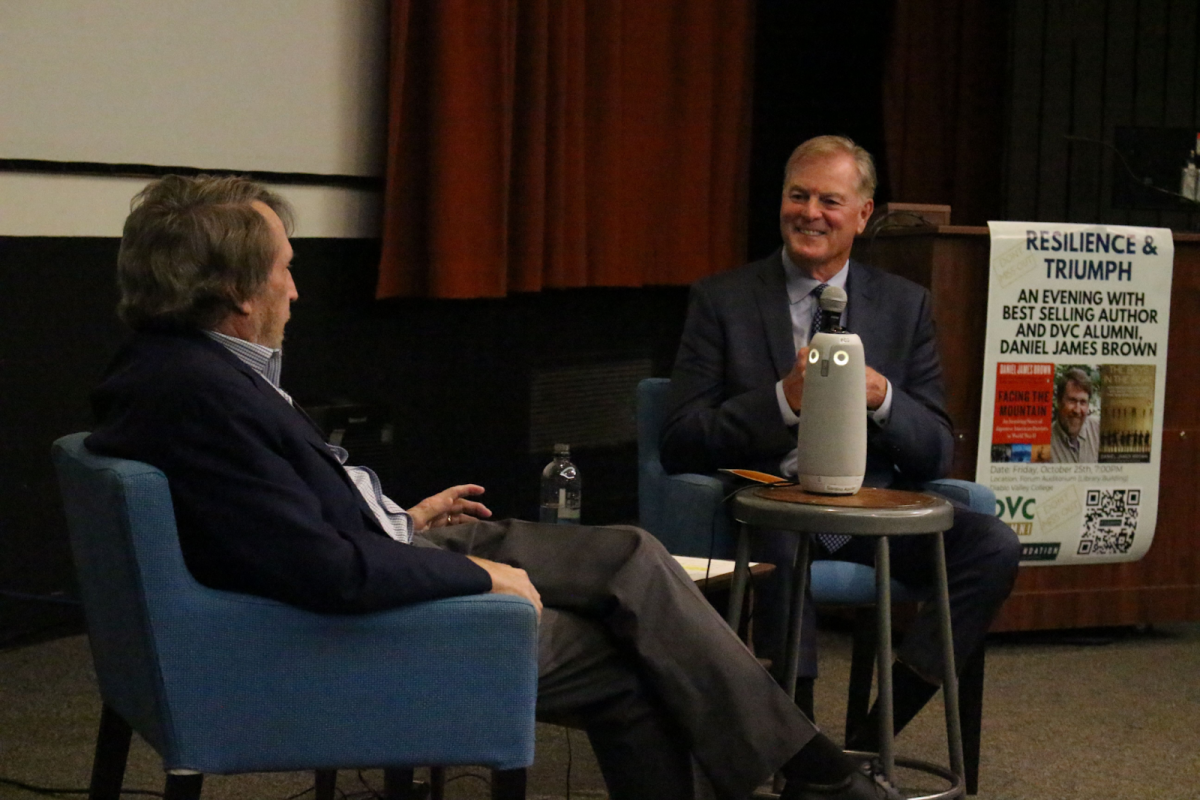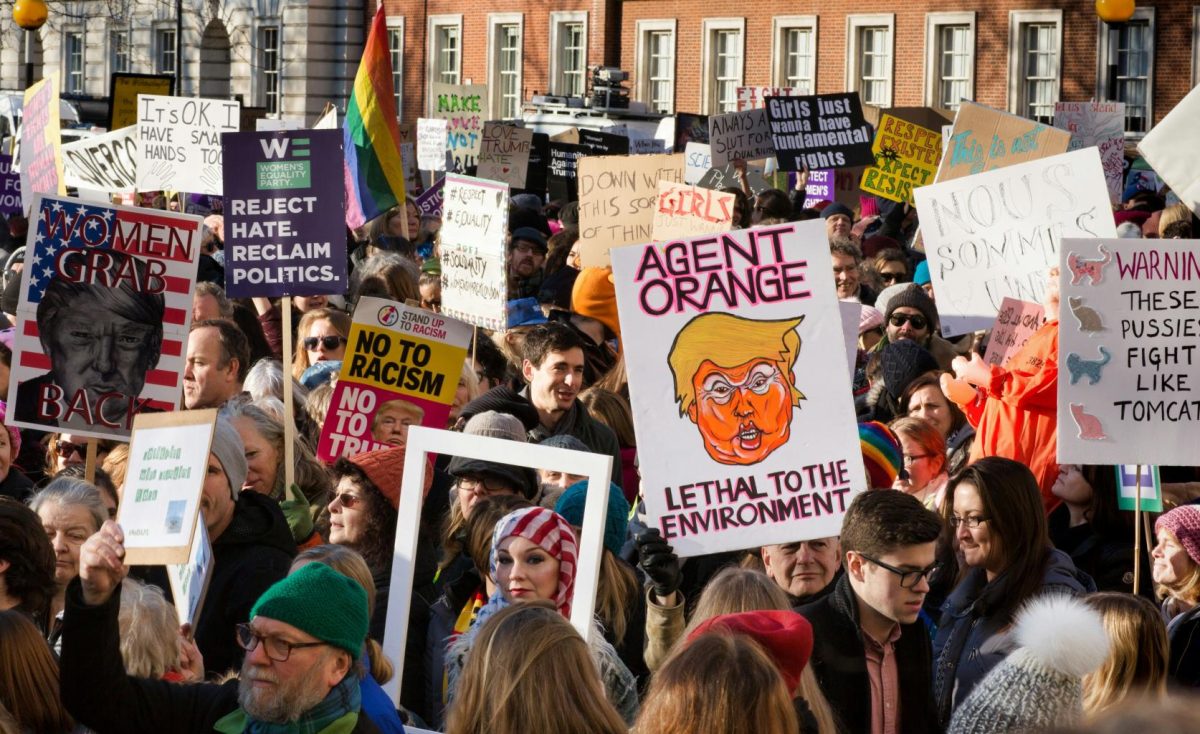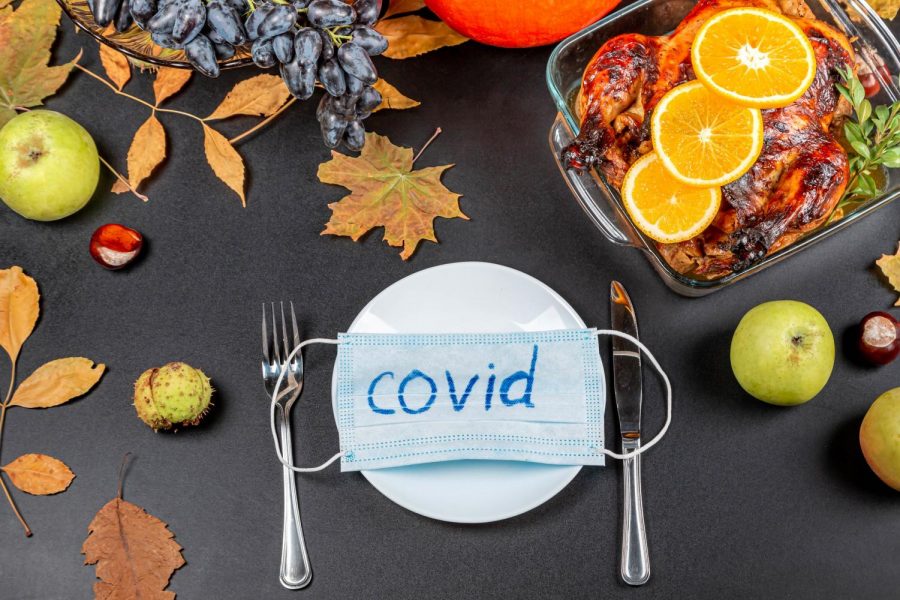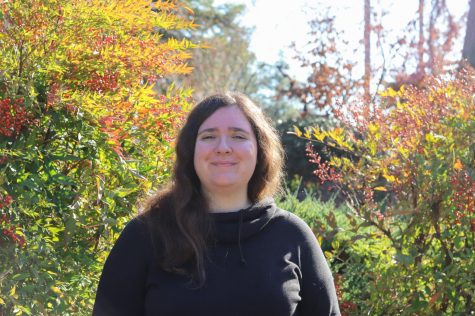Experts Encourage Students, Already Facing Depression, to Stay Put for the Holidays As Infections Soar
November 20, 2020
The resurgence of COVID-19 across the U.S. has alarmed many health professionals ahead of the upcoming holiday season. California in particular could see a major setback to its already fraught reopening plans, as top national health experts like Dr. Anthony Fauci caution students to stay home and ease the spread of the virus.
Responding to recently soaring rates of infection, Dr. Fauci, director of the National Institute of Allergy and Infectious Diseases, has publicly discouraged millions of young adults from traveling home for the holidays.
During a virtual lecture delivered this week to the University of Virginia School of Medicine, Fauci said, “We’re finding that innocent occurrences, such as groups of friends and family meeting indoors because of the cold weather for dinner, are becoming a major source of asymptomatic spread.”
The urgent warnings come amid reports of increased loneliness among young adults. A national survey conducted by Miami University indicated that 80% of young adults in the U.S. are now reporting significant symptoms of depression, with 64% of participants reporting moderate to severe anxiety.
But the widespread sense of isolation caused by COVID-19 is unlikely to end anytime soon. On a local scale, California Governor Gavin Newsom has ordered Contra Costa County to reestablish “purple” tier restrictions following its recent positivity rate of 3.7% among tested county residents.
According to Contra Costa Health Services, the county has recorded nearly 2,000 new cases of the virus over the past two weeks. At least 68 people are currently hospitalized here due to COVID-19 complications.
Nearby Santa Clara County has also been hit hard by a resurgence of the virus, with a positivity rate of 3.2% and 166 virus-related hospitalizations.
Despite the recent explosion of the virus nationwide, a staggering 56% of Americans are still planning to travel for Thanksgiving, according to Tripadvisor.
Already this year, more than a quarter of a million college students have contracted the virus across 1,600 U.S. campuses, according to a survey by The New York Times.
Silent student spreaders, who forgo quarantine and are asymptomatic, may pose the greatest risk to vulnerable individuals as families gather for the holidays, warned experts.
“When you send [students] home, particularly when you’re dealing with a university where people come from multiple different locations, you could be seeding the different places with infection,” Fauci told NBC’s “TODAY” show earlier this fall.
According to epidemiologist Michael Osterhom, who directs the Center for Infectious Disease Research and Policy at the University of Minnesota, self-quarantining will play a vital role in preventing the coronavirus’s spread.
“The only way to go home safely is for a student to bubble for 14 days” in self-imposed isolation, Osterhom said.
However, staying home for the holidays may at the same time pose further risks to students’ mental health.
The Miami University survey showed that half the young adults reported a great degree of loneliness. Among them, most also indicated an increase in drinking, drug use, depression and anxiety.
Although choosing to stay home for the holidays would likely reduce the spread of COVID-19 in communities, it may further jeopardize already vulnerable students who are struggling with their mental health.
“We would encourage students not to go home and the reason is that we know with travel comes risk of exposure,” said Dr. Anita Barkin, co-chair of the American College Health Association COVID-19 Task Force, speaking on ABC’s ”Good Morning America” show earlier this week. “So we would prefer students stay on campus and do a virtual Thanksgiving with their family.”






